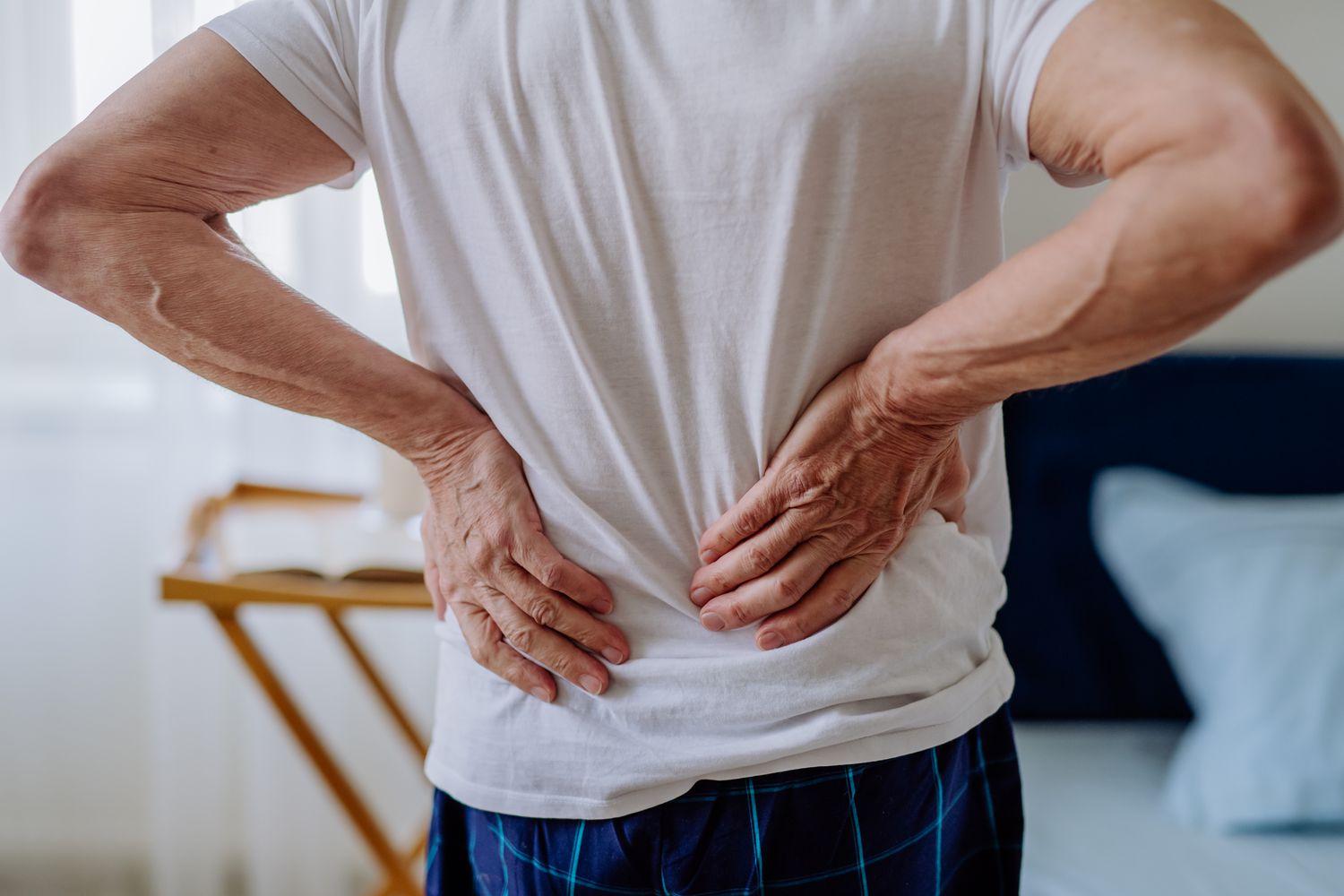Excess weight isn’t just a concern for physical appearance; it’s also closely linked to back pain. Carrying extra pounds puts added stress on the spine and surrounding muscles, leading to discomfort and potential long-term damage. In this article, we’ll explore the relationship between weight and back pain, and discuss effective strategies for finding relief and promoting spinal health.
The Weight-Back Pain Connection:
Carrying excess weight places strain on the spine, particularly in the lumbar (lower back) region. This can lead to a variety of musculoskeletal issues, including:
- Increased Pressure: Extra weight compresses the spinal discs and vertebrae, leading to increased pressure on the spine and potential misalignment.
- Muscle Strain: The muscles supporting the spine may become overworked and strained, leading to stiffness, soreness, and decreased flexibility.
- Degenerative Changes: Over time, excess weight can contribute to degenerative changes in the spine, such as herniated discs, spinal stenosis, and osteoarthritis.
The Impact of Weight Loss:
Losing even a small amount of weight can have significant benefits for back pain sufferers:
- Reduced Strain: Shedding excess pounds alleviates pressure on the spine, reducing strain and promoting proper alignment.
- Decreased Inflammation: Adipose tissue produces inflammatory chemicals that can exacerbate back pain. Weight loss can lower inflammation levels, leading to less discomfort.
- Improved Mobility: With less weight to carry, individuals often experience improved mobility and range of motion, making it easier to perform daily activities without pain.
Strategies for Weight Management and Back Pain Relief:
- Exercise Regularly: Incorporate low-impact exercises like walking, swimming, or cycling into your routine to strengthen the muscles supporting the spine and improve flexibility.
- Maintain Good Posture: Practice proper body mechanics and posture habits to reduce strain on the spine. Avoid slouching or hunching over, and use ergonomic furniture and equipment when possible.
- Focus on Core Strength: Strengthening the core muscles can provide additional support for the spine and help alleviate back pain. Incorporate exercises like planks, bridges, and abdominal crunches into your workout routine.
- Eat a Balanced Diet: Follow a nutritious diet rich in fruits, vegetables, lean proteins, and whole grains to support overall health and promote weight loss. Avoid excessive consumption of processed foods, sugary snacks, and refined carbohydrates.
- Manage Stress: Chronic stress can exacerbate back pain by causing muscle tension and inflammation. Practice stress-reduction techniques like deep breathing, meditation, or yoga to promote relaxation and alleviate tension.
Final Thoughts: Back Pain Management
By prioritizing weight management and adopting healthy lifestyle habits, individuals can not only alleviate back pain but also improve overall well-being and quality of life. Remember that small changes can lead to significant improvements over time, so focus on making sustainable lifestyle changes rather than seeking quick fixes. With dedication, patience, and support, you can achieve a healthier weight, reduce back pain, and enjoy a more active and fulfilling life.

